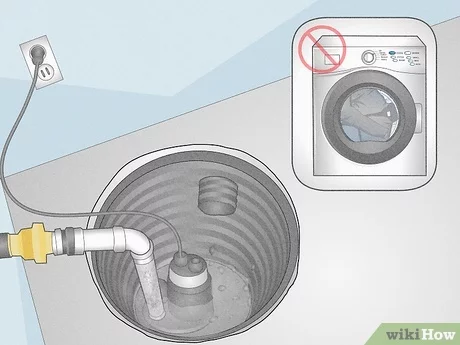How to Reduce Emergency Room Bills

The emergency room (ER) can be a lifesaver in times of critical need, but it often comes at a great financial cost. High ER bills have caused many individuals to unnecessarily suffer financially. The good news is that there are ways to reduce emergency room bills. In this article, we will discuss practical strategies to help you minimize the costs associated with ER visits.
1. Consider Urgent Care Clinics
Before rushing to the ER, consider whether your condition can be addressed at an urgent care clinic. These clinics often handle non-life-threatening conditions more affordably than emergency rooms. Common ailments treatable at urgent care facilities include minor injuries, flu symptoms, and infections.
2. Be Prepared with Medical Information
Take the time to gather vital medical information before an emergency occurs. This includes details about any pre-existing conditions, allergies, medications, primary care physician contacts, and insurance information. Having this data readily available allows ER staff to expedite your diagnosis and treatment, potentially reducing your time spent in the ER.
3. Verify In-Network Providers
Prioritize visiting an in-network facility when seeking emergency treatment. In-network providers work directly with your insurance company and typically cost significantly less than out-of-network providers. Always verify this information with your insurer before seeking treatment.
4. Request Itemized Billing
Upon receiving your ER bill, request an itemized statement that lists each service provided during your visit. This enables you to review the expenses incurred line by line and identify any possible errors or discrepancies that might be inflating your bill.
5. Negotiate Payment Plans or Discounts
High medical bills can be daunting; however, you should not hesitate to negotiate with your healthcare provider regarding payments or discounts. Some providers may offer discounts if you’re willing to pay a portion of the bill upfront or if you demonstrate financial hardship.
6. Enlist Professional Help
If your ER bill is exorbitant, it may be worth hiring a medical billing advocate or attorney who specializes in healthcare expenses. These professionals have experience negotiating with healthcare providers and insurance companies on behalf of patients, often reducing medical bills substantially.
7. Utilize Health Savings Accounts (HSAs) or Flexible Spending Accounts (FSAs)
Both HSAs and FSAs allow you to save pre-tax dollars for qualified medical expenses, like emergency room bills. Utilizing such accounts can effectively lower the financial impact of ER visits by reducing your taxable income.
8. Consider Charitable Organizations
Many charitable organizations offer financial assistance programs for individuals who cannot afford their ER bills. Research organizations in your area that focus on healthcare-related aid and reach out to them for help.
In conclusion, ER visits are often necessary for life-saving care, but the resulting bills should not become a burden. By considering alternative care options, being prepared with essential information, negotiating with providers, utilizing tax-saving tools, and reaching out for help when needed, you can significantly reduce the financial strain associated with emergency room bills.






